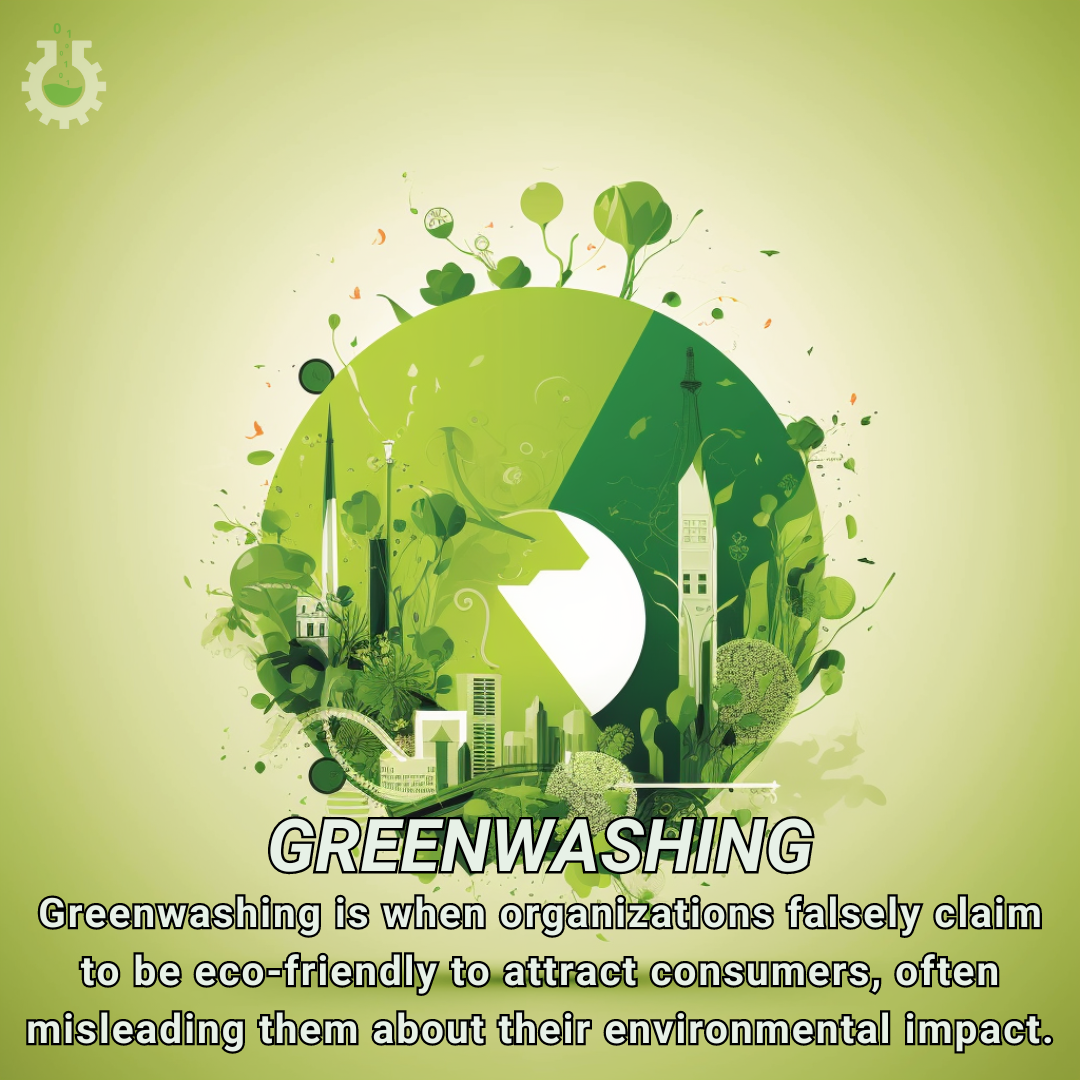May 6, 2024
Climate Change Poster Collection of the Day – Greenwashing
Book a Demo
Today’s Climate Change Poster Collection highlights Greenwashing, a deceptive marketing strategy that has been increasingly used by firms to create a false impression of their environmental practices. This cunning practice involves companies pretending to be environmentally friendly even when their actions do not support such claims. They go so far as to make unproven claims or use false data about their eco-friendly practices, deceiving consumers into believing that their products are sustainable and have minimal impact on the environment.
In the process of greenwashing, companies often employ misleading labels and environmental imagery to give the illusion of eco-friendliness. This gives consumers a false sense of security, leading them to believe that by purchasing these products, they are contributing to environmental preservation. Deceptive marketing strategies also include concealing harmful practices that may have adverse environmental impacts. The ultimate goal is to generate sales by appealing to the growing number of environmentally conscious customers.
However, it is crucial to differentiate between companies that genuinely adopt eco-friendly practices and those that merely give lip service to environmental sustainability. Genuine eco-friendly products and businesses substantiate their claims with solid facts and figures. They are transparent about their production processes, the materials they use, and the steps they take to minimize environmental harm.
Greenwashing not only misleads consumers but also undermines the efforts of real eco-friendly businesses. Consumers who fall victim to greenwashing may believe they are supporting sustainable practices, when in reality, they may be contributing to environmental harm. This false impression about a company’s environmental practices is a typical greenwashing tactic and has been a growing concern in recent years.
In response to this deceptive practice, the U.S. Federal Trade Commission (FTC) has issued guidelines to protect consumers from greenwashing. These guidelines are designed to ensure the truthfulness and validity of environmental claims made by businesses. The FTC takes serious action against companies found to be making false or misleading claims about their environmental practices.
In conclusion, while the rise of greenwashing is concerning, there are measures in place to combat this issue. As consumers, it is crucial to be aware of these deceptive practices and to make informed decisions when purchasing products. Always look for solid facts and figures that support a company’s eco-friendly claims to ensure you are genuinely contributing to environmental preservation.
Discover an inspiring collection of climate change poster.



